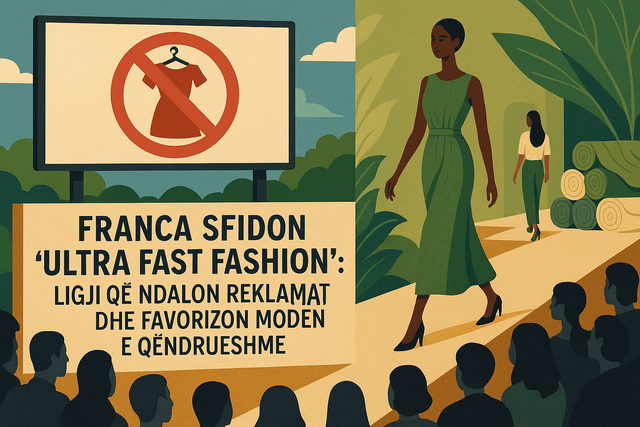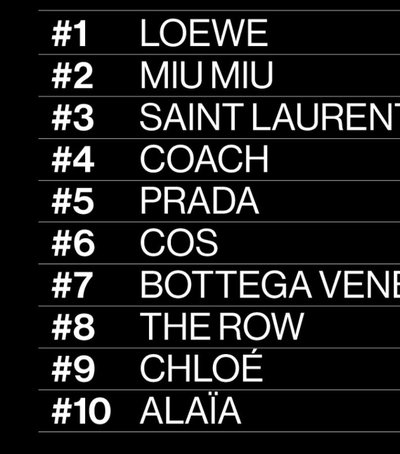
On June 10, the French Senate passed a landmark law aimed at curbing the power of the ultra-fast fashion industry, marking a significant shift in how the link between fashion and the environment is addressed. With 337 votes in favor and just one against, the law comes in response to growing concerns about the devastating impact that fast-cycle fashion is having on the planet.
This legal provision includes several concrete measures:
1) The introduction of progressive environmental taxes for ultra fast fashion brands;
2) Prohibition of advertising for these brands in traditional and digital media;
3) Restrictions on influencers, who will no longer be allowed to promote platforms like Shein and Temu, accused of lack of transparency in the production chain and massive pollution.
However, the law has also drawn criticism. One point of contention is the exemption from the legal obligations of European fashion giants, which are considered more sustainable compared to Asian competitors. This has raised concerns from environmental organizations, which see it as protecting the interests of European industry more than the environment itself.
Conservative senators who supported the bill said the measure was necessary to protect the European fashion industry, which they say is more environmentally friendly and respects workers' rights. But is it enough to challenge an industry that builds profits on impulsive consumption and mass production?
A signal for all of Europe?
This new law in France could serve as a precedent for other European countries seeking to impose stricter rules on brands that sell at low prices and high rates, often at the expense of nature and workers' rights.
At a time when more and more consumers are turning to sustainable, vintage, artisanal, and recyclable fashion, this legal intervention comes not only as a punitive measure, but also as an invitation to change the way we consume fashion.





